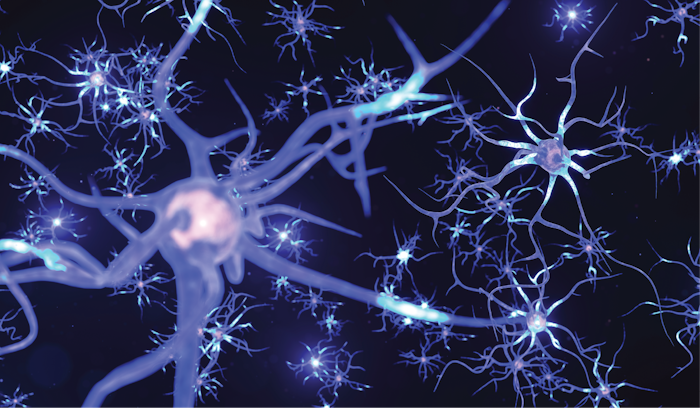Genomics of Radiation-induced Cavernomas in Pediatric Tumor Patients

CBTN Data
CBTN Participants
About this
Project
Many patients who have both inherited and sporadic forms of cerebral cavernous malformations (CCMs) have mutations in genes that are also known to play a role in cancer formation. Many pediatric patients with tumors receive subsequent radiation therapy and at long-term followup, a select subset have been found to have radiation-induced cavernomas. For this project researchers seek to evaluate and compare the genetic mutations found in patients with familial CCMs to patients with radiation-induced CCMs to determine if any particular class of mutations may be targeted for further study. If particular mutations are identified, further study could include the development of therapies that target such mutations. This work will allow researchers to focus on genes that are known to intersect with the canonical cavernoma mutations in the CCM family and better understand how these pathways may intersect. Identifying these areas could lead to better treatments and prevent radiation-induced CCMS. The data provided by the Pediatric Brain Tumor Atlas is integral to this work.
Ask The
Scientists
What are the goals of this project?
Researchers are looking to better understand the mutations involved in both the inherited and sporadic forms of CCM.
What is the impact of this project?
Identifying such mutations could lead to better treatments and prevent radiation-induced CCMS.
Why is the CBTN request important to this project?
To carry out this work, researchers need access to the high quality data on CCMs provided by the Pediatric Brain Tumor Network.
Specimen Data
The Children's Brain Tumor Network contributed to this project by providing access to the Pediatric Brain Tumor Atlas.
related

